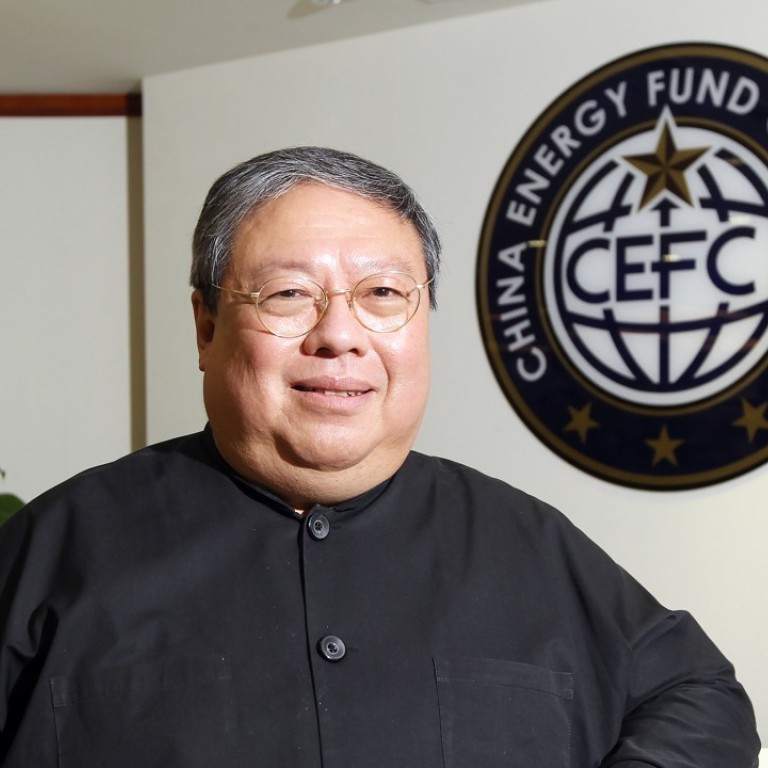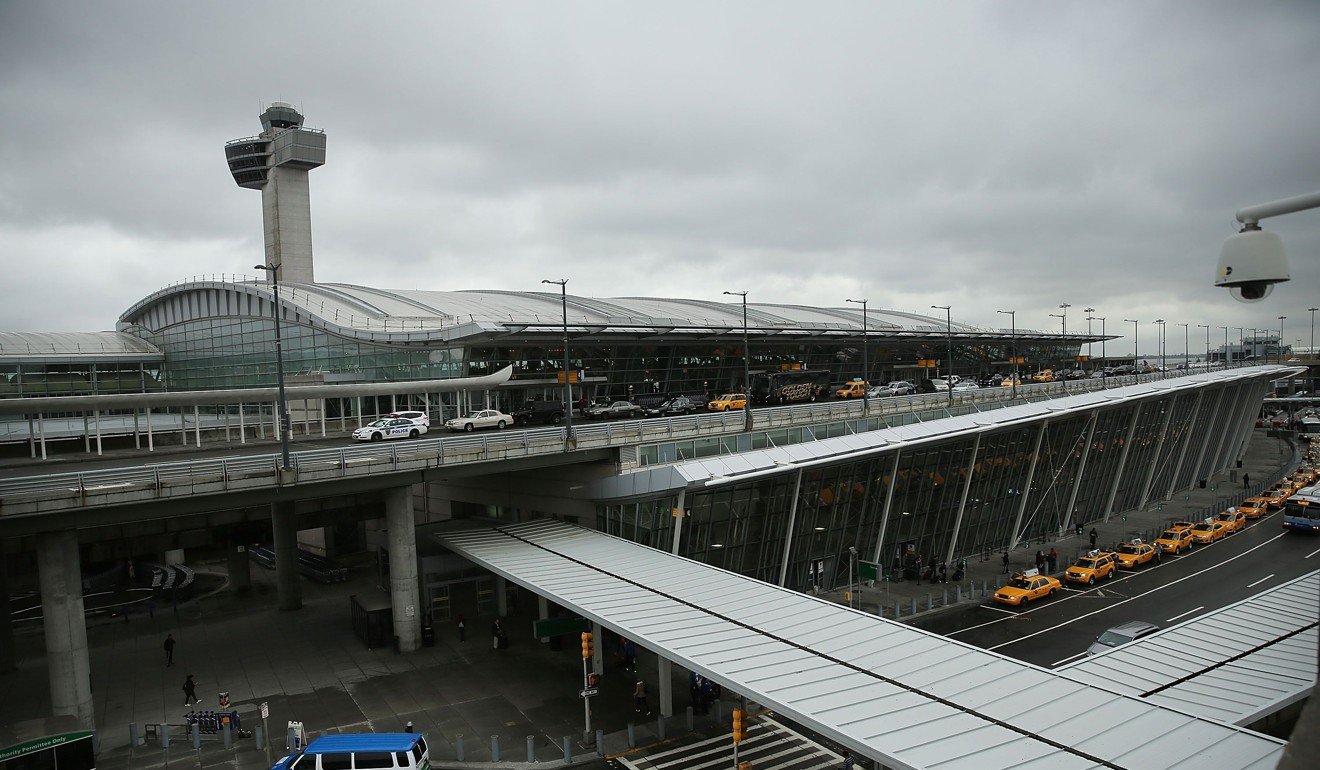
Patrick Ho’s lawyers accuse US authorities of using ‘illegally’ obtained evidence in charges for US$2.9 million corruption scandal
They’ve asked a US court to suppress evidence including 35,000 pages of documents, a post-arrest statement made by Ho and contents of his mobile phone
According to a document seen by the Post, they applied to a New York court on Thursday, asking it to throw out a statement Ho made to FBI agents after he was arrested last November, along with other evidence taken from his mobile phone, saying it was collected illegally and should be suppressed.
Patrick Ho challenges six of eight charges against him in US$2.9 million corruption scandal
Ho’s lawyers also asked the court to block about 35,000 pages of evidence, mostly comprising emails seized from his Google and Yahoo accounts under warrant, arguing that the government had taken too long to assess how much of the material was relevant to their case.
The 21-page document filed to the Southern District Court laying out these requests provided a trove of information on how the United States investigated and indicted the 68-year-old.
Ho was picked up at JFK airport on November 18 last year as he arrived for a business trip, the submission requesting evidence to be suppressed from his trial said.
Former Hong Kong home secretary Patrick Ho denied bail in US bribery case, labelled flight risk
He pleaded not guilty but his request for bail was rejected twice, and his trial date was tentatively set for November this year.
It pointed out that FBI agents had not read Ho his Miranda rights before they asked him for his iPad password, and then used his “illegally obtained” statement to collect evidence to be used against him during the trial.
Agents also “improperly obtained” a password for Ho’s iPad, which they later used to access his mobile phone, the submission read.
While the US government eventually obtained a search warrant for Ho’s Huawei mobile phone two months later on January 10, it did not reveal in court that the FBI would use the iPad password to access the phone, and that the password was obtained “in violation of Miranda”.
“Obtaining judicial authorisation to search does not thereby give the government licence to then use illegal means to execute such a search,” the document said.
Ex-Hong Kong official likely to reveal Chinese companies’ bribes to foreign officials, veteran US lawyer says
The documents also revealed that the investigation into Ho’s business dealings began as early as mid-2016.
But, Ho’s lawyers argued, the government had since exceeded a “reasonable” amount of time to decide which emails were relevant to the case and which were not.

“The government has thus retained, for nearly two years, countless personal emails that were not within the scope of the original search warrants,” the submission by Krieger Kim & Lewin LLP and Dechert LLP said.
This point was addressed in a prosecutor’s letter, dated March 23, which said that as many of the emails were not in English, the government had appointed a third-party vendor to review them.
The letter also referenced a written request from Ho’s lawyers on March 2, who asked if there were others being investigated besides “China Energy Fund Committee (USA) Inc., China Energy Fund Committee (NYC) LLC, Huaxin Petroleum (USA) LLC, and Cheikh Gadio”.
Hong Kong ex-home secretary Patrick Ho’s arrest came amid US corruption crackdown on individuals
This provides the strongest suggestion so far that the unnamed energy firm Ho represented was CEFC China Energy, which was founded by entrepreneur Ye Jianming and has ties to the Chinese Communist Party.
Ho was working for the China Energy Fund Committee, a Hong Kong research group that receives funding from CEFC China Energy, at the time of his arrest.
On Monday, Ho made his third attempt to get bail – with two properties and some US$12 million forming part of the deal.
At the same time, his lawyers pushed to get six of the eight charges dropped, arguing that Ho should not be facing indictment in a US court, as he “had no control” over his bank, HSBC, remitting US$900,000 via a New York bank to accounts designated by Ugandan foreign minister Sam Kutesa and former Senegalese foreign minister Cheikh Gadio.

